
AFL’s first openly gay couple call out sexism in sport

Queer women are kicking goals in sports around Australia. Jess Jones spoke to four of the best about being openly gay in their fields, the gender pay gap, and inspiring today’s youth.
***
The AFL’s first openly gay couple, Penny Cula-Reid and Mia-Rae Clifford, say they’ve experienced more challenges in sport as women than as lesbians.
“We don’t get the same pay rates, we don’t get the same opportunities, and we don’t get the same marketing,” explains Clifford.
“Professional footballers and netballers still work part-time because they have to, while they’re playing in the highest competition possible.
“All of us women’s AFL girls work either full-time or part-time jobs because we don’t get enough money to fund a living.”
Even as a kid, when Clifford wanted to play football she often faced obstacles and bullying.
“Back then there were no women’s or girls’ teams,” she says. “I grew up playing football with my brother on the boys’ team, and when I turned 14 they stopped me from playing because I was a girl.
“I could kick a footy further than the boys – I don’t even know what other girls did in primary school.”
Cula-Reid, who faced similar barriers, ultimately took Football Victoria to court to get the rules changed and enabled the girls competition to be introduced.
However, despite women in AFL getting a raw deal in many ways, Cula-Reid says she plays the game for the passion, not the pay.
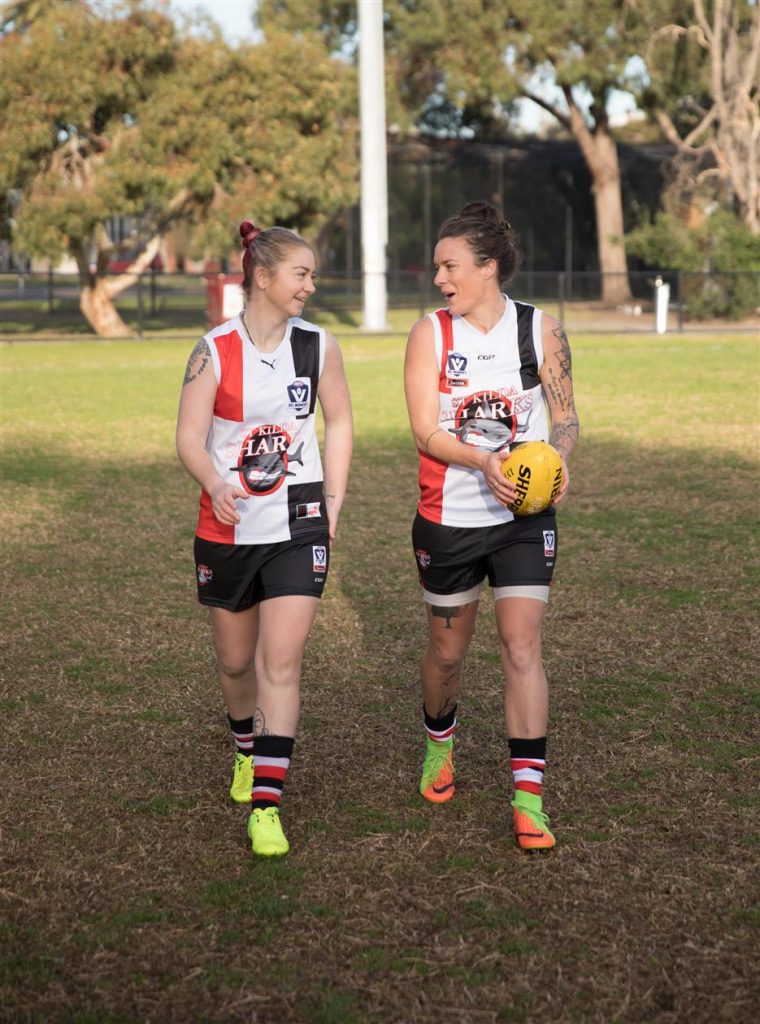
“I want to build a future for the next generation – Mia and I play because we love it,” she says.
The couple met at the St Kilda Sharks club five years ago, and are now engaged. They’re hoping to be married next year.
“Penny was my assistant coach when we met,” says Clifford.
Cula-Reid had been playing women’s football for 13 years, while Clifford had no idea it even existed.
“I was just in town to touch base with family, and then I found out women’s footy existed, so I was straight on it,” says Clifford.
Cula-Reid adds that while they’re in a relationship, it’s important to maintain a distinction when the pair are on and off the field.
“Being together and playing the same sport, I said to Mia, when we’re at football I’m your teammate, not your girlfriend. To keep it as professional as possible. Off the field we’re a couple,” she says.
“To me that was really important because I think it’s important to have a balance between your work life and your love life. I wanted to make sure no one thought she got on the team because she’s sleeping with the coach.”
Initially playing on the same team, they were later drafted to opposing teams and now play against each other on the field.
“That made it even more exciting,” laughs Clifford.
The couple say they’ve never experienced homophobia in sport.
“There was always acceptance, no matter who you are, what you are, or who you were dating,” says Clifford. “No one cared, it didn’t matter in the football world. Women seem to be more accepting.”
Clifford’s advice for young LGBTI people in sports is to be themselves and to be proud.
“Always be you. Just be true to who you are. Sometimes it’ll be difficult, but everything falls into place as it should be. Never be ashamed of who you are.”
***
High-profile soccer player Michelle Heyman came out to her parents at 18, only for them to tell her that they already knew.
“Everyone was very supportive of me,” she remembers. “It was more if that’s who you love, that’s normal and that’s fine.”
Heyman knows her story of inclusion is not the same as everyone’s experiences, and she prides herself on being a role model and supporter for young people in sport who may be struggling with their identity or being accepted.
“That’s why I try and stand up as much as I can for this, because I know I’ve had an easy run compared to other people,” she says.
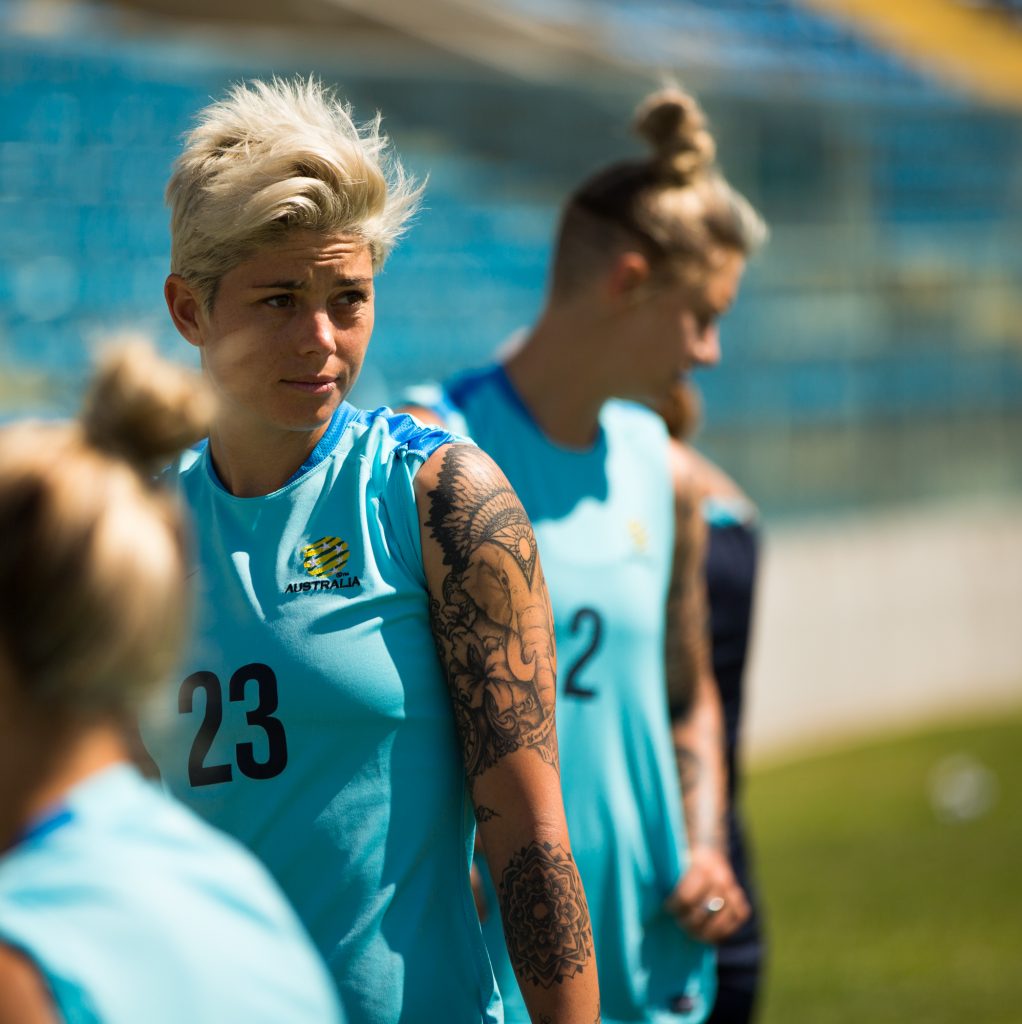
“That’s the one thing I love about being in the public eye, being able to inspire the next generation of kids to be comfortable with who they are, and if they love it to just go for it. Hopefully one day they’ll be able to be in the Matildas or the Socceroos.
“Parents talk to me about their children’s sexuality, and they love that I’m there so that they have someone positive to look up to. It’s really cute and really exciting.”
Heyman started playing soccer as a 12-year-old and now plays for Canberra United. She’s been very accepted by her sporting peers.
“I never felt different from anyone else,” she says. “I came into the W League comfortable with who I am, so from day dot they just got me as Michelle Heyman who is a lesbian. I’ve never been bullied or anything like that.”
But not everything is always positive. Heyman echoes Cula-Reid and Clifford’s experiences of the gender pay gap in professional football.
“There’s a big pay difference between us and the Socceroos,” she says. “In 2015, the Matildas had a boycott. We were meant to play in America, and we told them we weren’t going to go unless we got paid more. We cancelled our flights and ended up getting double our wage.
“It’s getting better every year, but it’s still nothing compared to what a male player is on, and I think it’s the same in most sports.”
***
Hayley Bateup wasn’t yet out as gay when she became a professional Ironwoman at 16.
“I had boyfriends until I was about 21,” she says. “I never had any thoughts about it growing up, and then I had a girlfriend.
“To me it’s just normal. My family thinks it’s normal, and I have a normal life with a partner and a child.
“For me, because the people around me were so supportive, it was never an issue.”
Outside the world of team sports, Bateup now works as a firefighter and personal trainer.
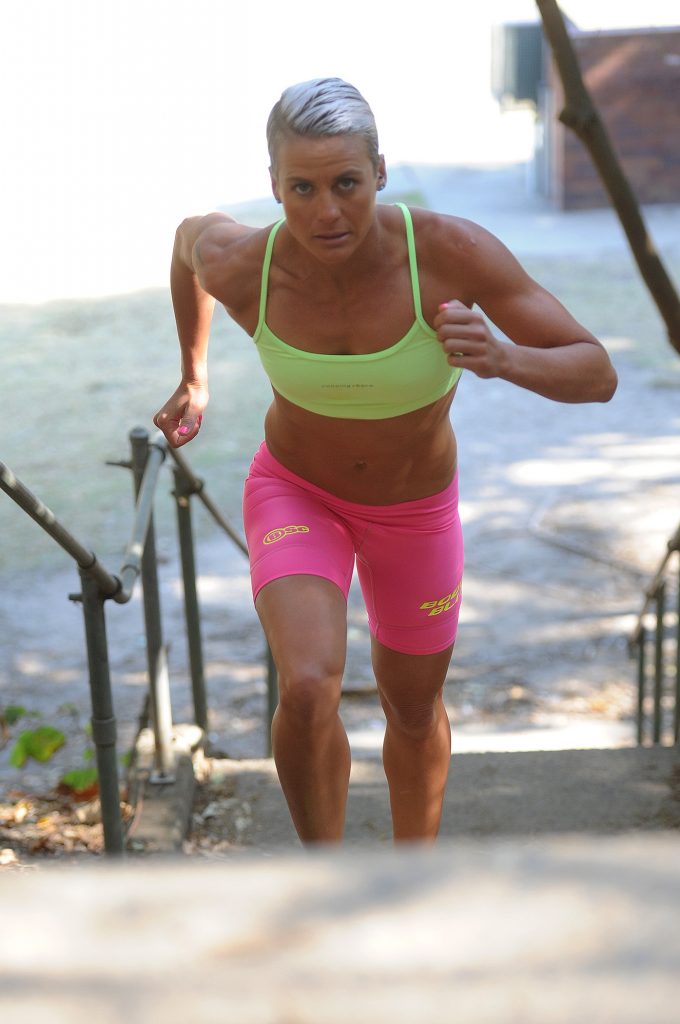
“Now I’ve got a so-called normal job,” she says. “But it’s still not really normal, being a firefighter.
“That’s always what I wanted to do when I retired. The transition’s been really good. A lot of sportspeople retire from sport and feel a little bit lost, but this has given me a whole new direction and challenge, and my work as a personal trainer helps me stay fit.
“A lot of firies call it the best job in the world. It’s awesome, and I enjoy helping people.”
Bateup says Ironmen and Ironwomen are now paid the same, though it wasn’t the case when she first started in the sport.
“We used to get half of what the men get, but it’s been exactly the same for about the last ten years. In every other sport there’s still that problem.”
Bateup describes her life now as “an awesome ride”. She and partner April have a two-year-old son, and April is pregnant with their second child.
“Life’s going to get a bit crazy,” she says. “I love having a child and I’m so glad we did it. Everything’s been going to plan.”
After a lifetime as a sportsperson, Bateup encourages women to support other women in sport.
“Get behind other girls,” she says. “Support more women’s sport, get out there and watch live games. Whether it’s just your local stuff or something bigger, it’s important that we do that.”





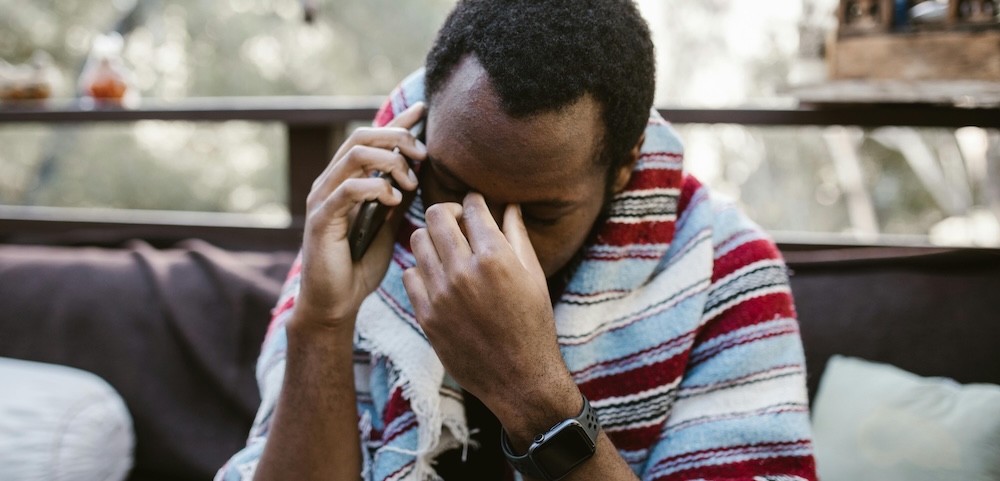
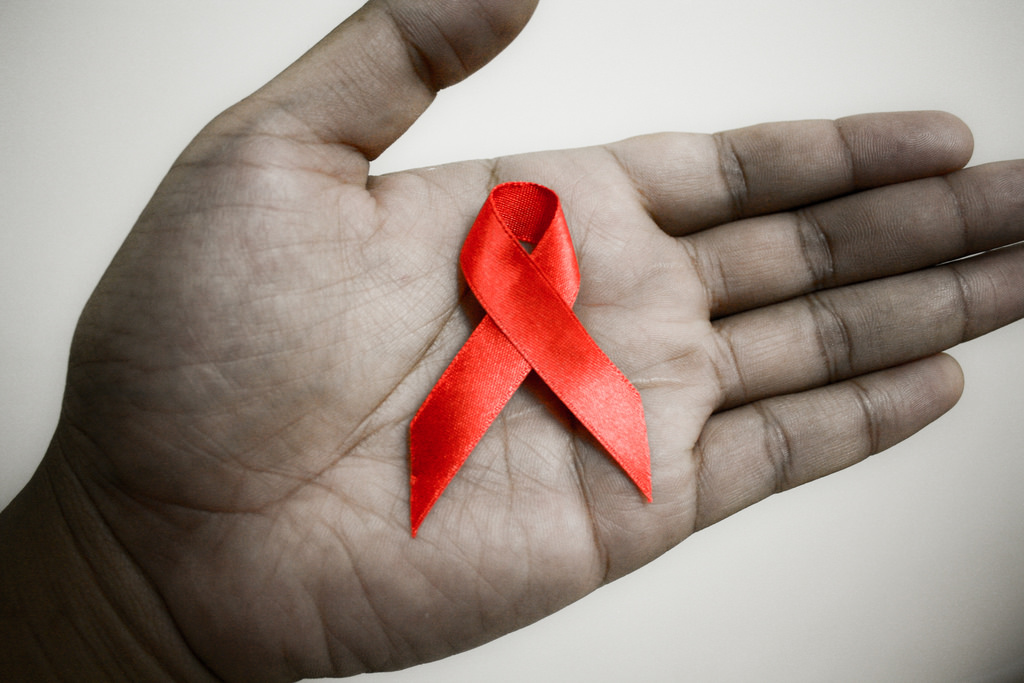

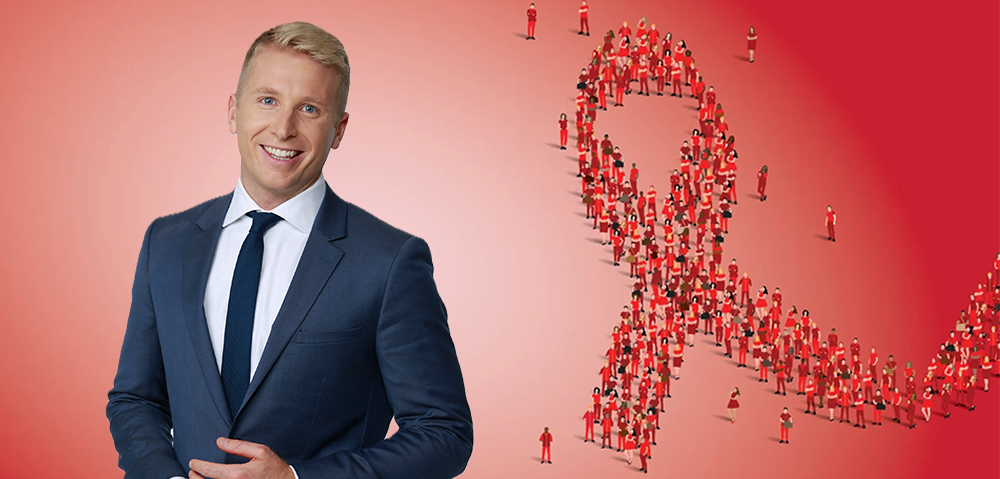
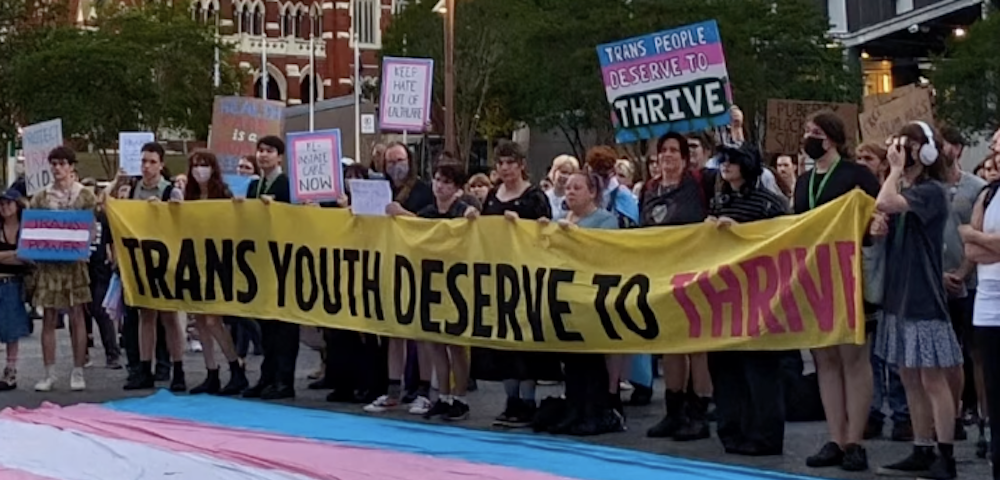
Well done to everyone in the Women’s AFL. You’ve given the game a massive boost of diversity in many ways including the games’ first openly gay players to participate at the top level, you’ve boosted interest in the game among thousands of girls and you’ve created genuine goodwill with the fans.
But most of all you’ve played to sell-out crowds, rated spectacularly on television and are an advertising dream, I hope you’re getting your well-earned share of the revenue. You’re creating more growth in the game than the boys are so start demanding top dollars.